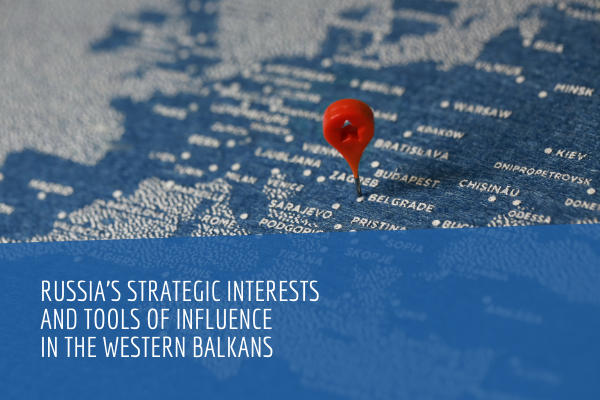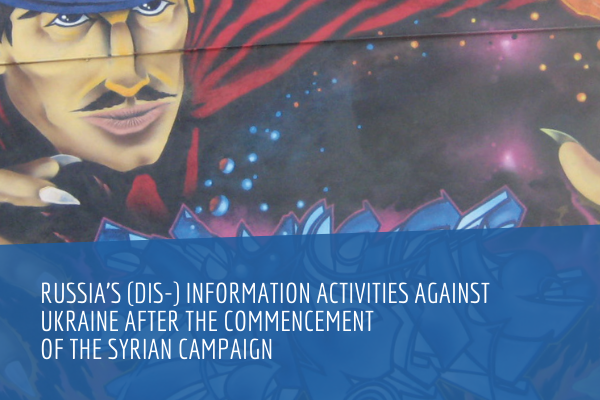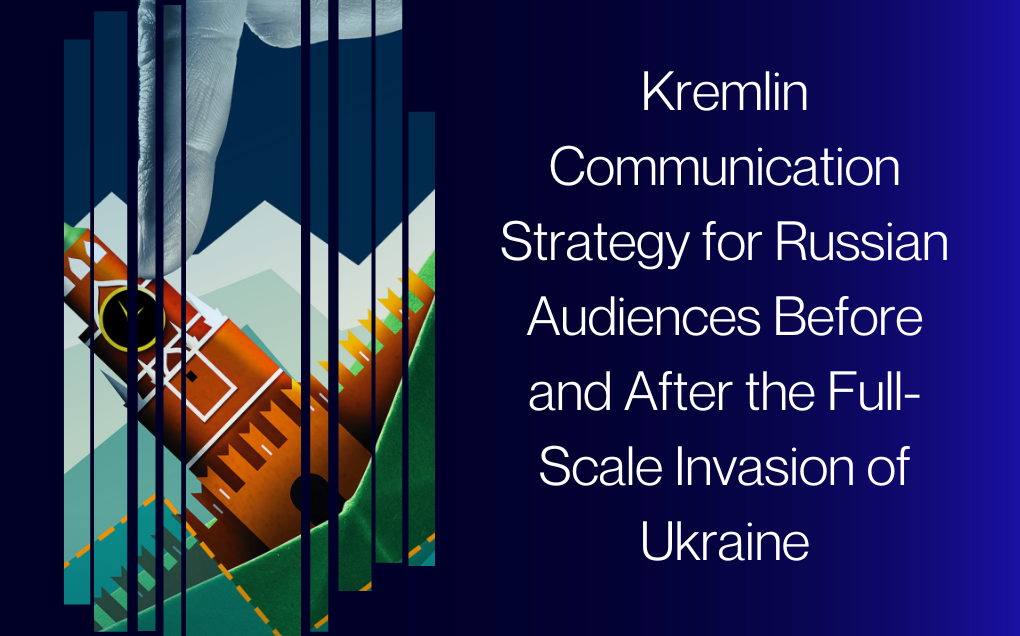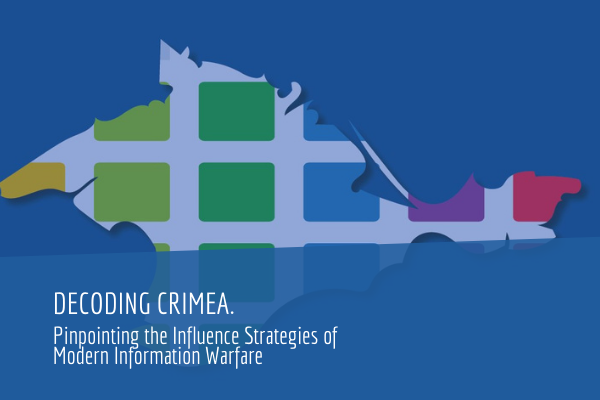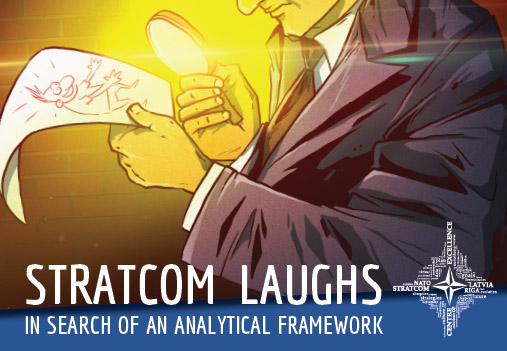This paper starts with an analysis of the Western Balkans’ place in Russia’s strategy. The main contention is that Moscow’s paramount objective is balancing the power of NATO and the EU rather than establishing regional hegemony. The paper then takes a closer look at Russia’s toolbox and the instruments it leverages to assert its interests across former Yugoslavia and Southeast Europe as a whole, and ends with several recommendations on how the West should respond to the Russian challenge.
CONCLUSIONS
Russia’s overarching objective in the Western Balkans is not to revise the status quo but to freeze it. It would like to prevent NATO from expanding and to slow down the enlargement of the EU. The present situation is in line with Russia’s strategic interests. The Western Balkans are informally integrated into the West, yet this has not translated into democratic consolidation at the domestic level or in the full resolution of conflicts between states. Moscow has benefitted from internal problems in the region not of its making: outstanding disputes dating back to the war of the 1990s, a love-hate relationship with the West, weak institutions, compromised rule of law, captured media beholden to the powers of the day, underperforming economies, and the general lack of transparency and accountability. The EU and NATO agenda of promoting stability, prosperity, and better governance has therefore only been partly successful.
The present political climate empowers Russia to project its influence, bolstering its position in European politics and, to a lesser extent, at the global level. For Moscow the Western Balkans are low-hanging fruit. The second takeaway is that Russia prefers to exercise its influence on the cheap. It has carved a niche in the Western Balkans largely with help from local collaborators and fellow travellers pursuing their own agendas. That is why Russian policy in the region is focused largely on co-optation and subversion rather than on military or non-military forms of coercion. Instead of deploying troops in former Yugoslavia to tip the local balance of power one way or the other, Russia relies on political intervention through diplomatic initiatives, interference in domestic politics, and the information campaigns that have helped it win hearts and minds in a number of places.
The hype around Russian energy ventures notwithstanding, the inflow of money to the Western Balkans has been limited. As the case of Montenegro suggests, economic interdependence is not easy to weaponise. This marks another difference between the Western Balkans and the post-Soviet countries where Russia’s soft-coercion tactics are, on the whole, more consequential.
How should the West respond to the Russian challenge in the Western Balkans? There are three points worth bearing in mind:
- Do not give up on NATO and EU enlargement. The countries of the region should be brought into Western institutions sooner rather than later. Any delays caused by the lack of willingness or commitment to expand on the part of the current member states reinforces the Balkan people’s sense of abandonment. This fuels anti-Western attitudes and empowers the Kremlin and its proxies. NATO in particular should deepen strategic cooperation with Serbia and encourage the new government in Bosnia and Herzegovina to activate the country’s membership action plan (MAP). The EU should launch accession talks with Northern Macedonia and Albania.
- Focus on democracy and the rule of law. Integration into the EU and NATO is not a goal in itself but a means to an end. Democratic consolidation and gains in the rule of law are critical to countering malign influence from the outside. Western policy should therefore focus on the underlying flaws that enable Russian interference. The West should encourage greater transparency in party financing, judicial reform, and good governance in the energy sector. This is best the path to building resilience in national political systems and responding to co-optation and subversion.
- Foster pluralism in media. Russian influence is at its most potent in the information space. To respond, Western states and institutions should increase their support to alternative media that are not beholden to governments and/or oligarchic interests in the region. The pro-Kremlin viewpoint should be balanced by independent journalism. The goal should not be to fight propaganda with counterpropaganda. In fact, free media only gain credibility by freely offering a critical perspective on the EU, NATO, or Western policy more broadly. But they also hold Russia accountable for its foreign policy actions and provide a balanced and fair perspective on Russian politics and society. Most importantly, by scrutinising power holders and business elites, the free media limit the ability of foreign malign actors to penetrate national politics by striking deals with local players.
